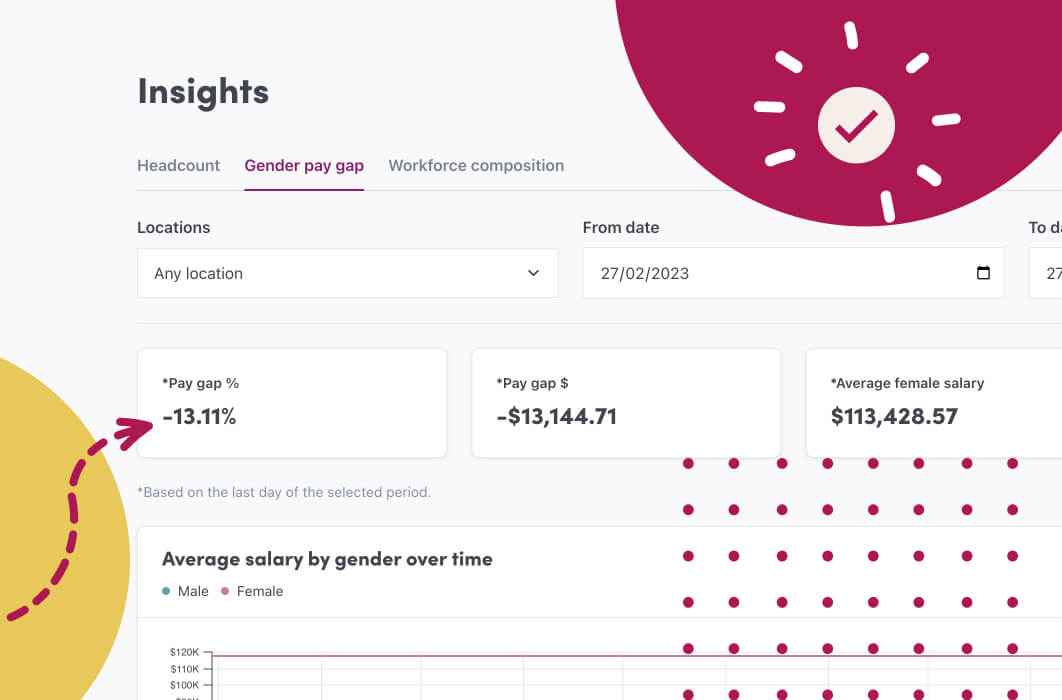In August of 2024, Australian employment laws are tightening up the definition of the independant contractor, and this will ultimately mean businesses need to move a portion of their contractors over to employees to remain compliant. How do you know whether someone is an employee or an independent contractor?
The way to think about it is that an employee works in your business as a representative of your business, whereas an independent contractor runs their own business and provides services to your business.
There are a number of indicia that the courts will use to determine which one of these it is. It’s kind of a weighing up exercise rather than applying strict criteria. Here are some of the key indicia:
6 ways to determine if a person should be an independent contractor or an employee
How, when and where the work
🔷 Employers direct and control how, when and where their employees do their work
🔶 Independent contractors determine how, when and where they do their work
Option to subcontract
🔷 Employees have to do the work themselves and can’t subcontract it to others
🔶 Independent contractors can subcontract the work to others
Supply of tools and equipment
🔷 Employers provide the tools and equipment needed to do the job (or they reimburse or pay an allowance if the employee provides them)
🔶 Independent contractors supply their own tools and equipment
Business integration
🔷 Employees are integrated into their employer’s business and work as a representative of the business
🔶 Independent contractors provide services to the business as part of running their own business
Remuneration
🔷 Employees are paid based on time worked, per item or activity or on a commission basis
🔶 Independent contractors are often engaged to achieve a particular result
Risk and liabilities
🔷 Employers carry the commercial risk for injuries or defective work
🔶 Independent contractors are liable for injuries or defective work
How a mix of indicia should be decided
Usually there will be a mixture of these indicia, so an employer should examine all of them and make a determination – this is how the Australian courts will make a determination too
At 𝗰𝗼𝗺𝗺𝗼𝗻 𝗹𝗮𝘄 this is to be determined by reference to the legal rights and obligations arising from the contract between the parties. How the relationship works in practice isn’t relevant.
What if the independant contractor has an ABN?
You’ll notice that “has an ABN” isn’t on this list. Some people think that is what determines whether someone is an independent contractor or not. As you can see, it doesn’t, although it could be one of the indicia that indicates they are running their own business.
Final thoughts
On 26 August 2024, this will change when it comes to determining whether someone is an employee for the purpose of the 𝗙𝗮𝗶𝗿 𝗪𝗼𝗿𝗸 𝗔𝗰𝘁. We will need to ascertain the real substance, practical reality and true nature of the relationship. This will be determined by reference to the totality of the relationship, including how the contract is performed in practice.
To confuse matters more, for the purpose of determining whether someone is entitled to super under the 𝘀𝘂𝗽𝗲𝗿 𝗹𝗲𝗴𝗶𝘀𝗹𝗮𝘁𝗶𝗼𝗻, the common law approach will continue to apply.
Also, there is an extended definition of “employee” under the 𝘀𝘂𝗽𝗲𝗿 𝗹𝗲𝗴𝗶𝘀𝗹𝗮𝘁𝗶𝗼𝗻. This entitles someone to super in particular situations, including if they work under a contract that is wholly or principally for the labour of the person. This means someone can be an independent contactor at common law and still be entitled to super.
The content in this article is researched and inspired by Source Services



